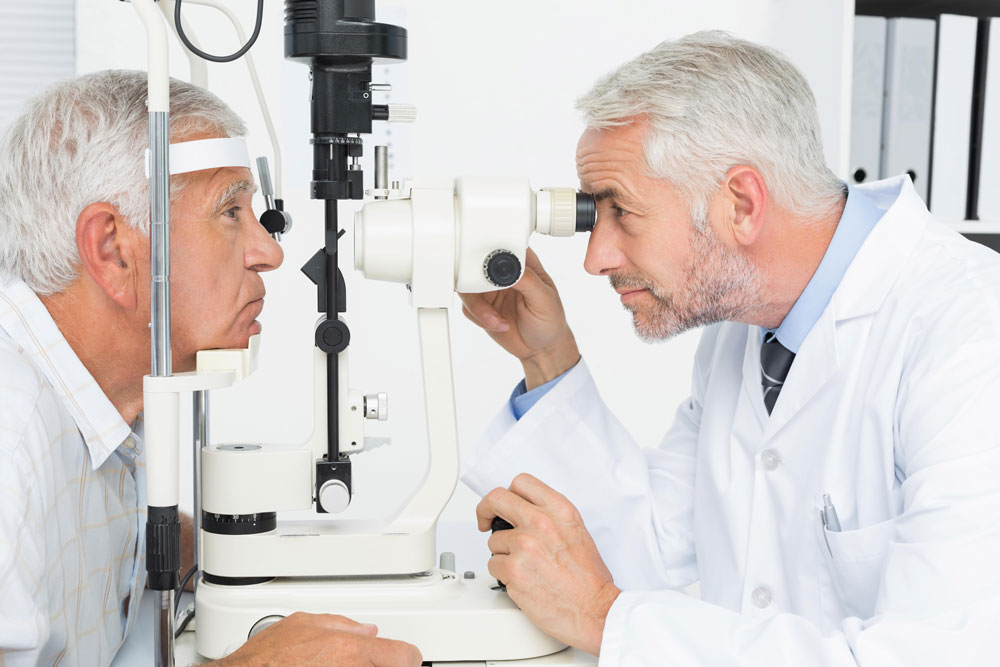
Managing HIV can be a complex journey that requires careful attention, self-care, and a proactive approach. The good news is that with the right strategies and treatment, people living with HIV can lead full, healthy lives. Here’s what you need to know to take control of your health and effectively manage HIV.
Understanding HIV and Its ImpactHIV (Human Immunodeficiency Virus) targets the immune system, making it harder to fight off infections. Transmitted through infected blood, breast milk, semen, and vaginal fluids, HIV can progress to AIDS (Acquired Immunodeficiency Syndrome) if untreated, severely weakening the immune system. This makes early detection and consistent treatment critical.
1.The Importance of Early Testing
Getting tested is the first step in managing HIV. The CDC recommends that everyone aged 13 to 64 get tested at least once as part of their routine health check-ups. For those at higher risk, such as individuals who engage in unprotected sex or share needles, more frequent testing is essential. Early detection enables timely treatment, significantly improving life expectancy and quality of life.
2.Starting Antiretroviral Therapy (ART)
After an HIV diagnosis, beginning antiretroviral therapy (ART) is vital. ART involves taking a combination of HIV medications that prevent the virus from replicating, helping the immune system remain strong and reducing the risk of transmission. Consistent use of ART can transform HIV into a manageable chronic condition, allowing individuals to live healthier lives.
3.Adopting a Healthier Lifestyle
Supporting your treatment with lifestyle changes is equally important. A balanced diet, regular exercise, and quitting smoking and excessive alcohol use can strengthen the immune system and improve overall well-being. Exercise boosts both physical and mental health, increases energy levels, and helps manage stress, which is especially beneficial for those living with HIV.
4.Prioritizing Mental Health
An HIV diagnosis can be emotionally overwhelming, potentially leading to anxiety or depression. Maintaining mental health is crucial for overall wellness. Seek support from healthcare professionals, join support groups, or talk to a therapist to navigate emotions effectively. Having a strong mental health foundation helps in staying positive and motivated during treatment.
5.Preventing Transmission
Taking precautions to prevent spreading HIV to others is a responsibility of those living with the virus. This includes consistently using condoms during sexual activity, not sharing needles, and informing sexual partners and healthcare providers about your status. By doing so, you contribute to public health and ensure safer practices for yourself and those around you.
6.Building a Support Network
No one should face the journey of living with HIV alone. Building a strong support system of friends, family, and support groups can provide emotional strength, reduce stigma, and encourage better self-care. Educating loved ones about your condition fosters understanding and ensures you have the support you need.
7.Regular Medical Check-Ups
Consistent follow-ups with a healthcare provider help track progress and make any necessary changes to treatment plans. These check-ups also offer an opportunity to receive vaccinations for flu, pneumonia, and hepatitis, as people with HIV are more vulnerable to other infections. Staying proactive with your health can prevent complications and keep you informed about the latest advancements in HIV treatment.
Conclusion
Living with HIV is a manageable condition with the right approach. From regular testing and ART to lifestyle adjustments, mental health care, and preventive measures, taking charge of your health involves a multifaceted strategy. By implementing these essential preparations and embracing a positive outlook, people living with HIV can lead fulfilling and productive lives. Remember, HIV is not a death sentence; with proper treatment and self-care, it can be effectively managed.







